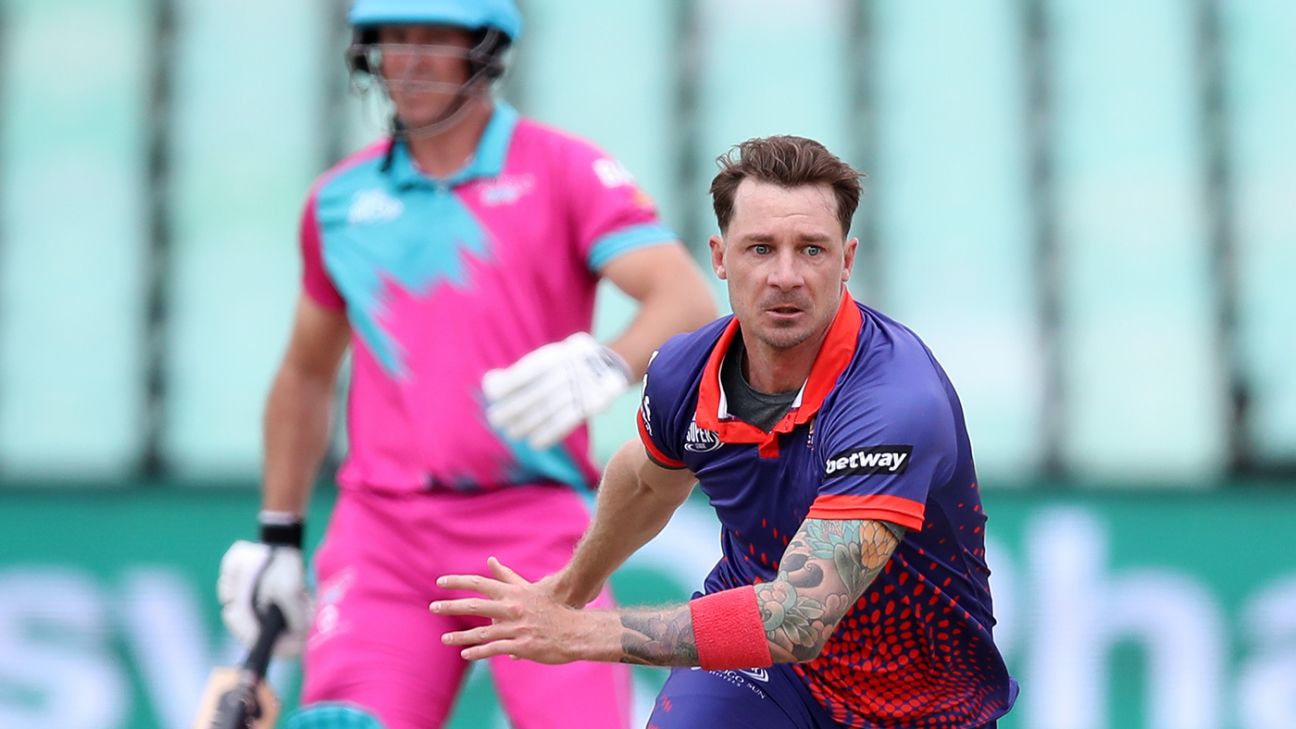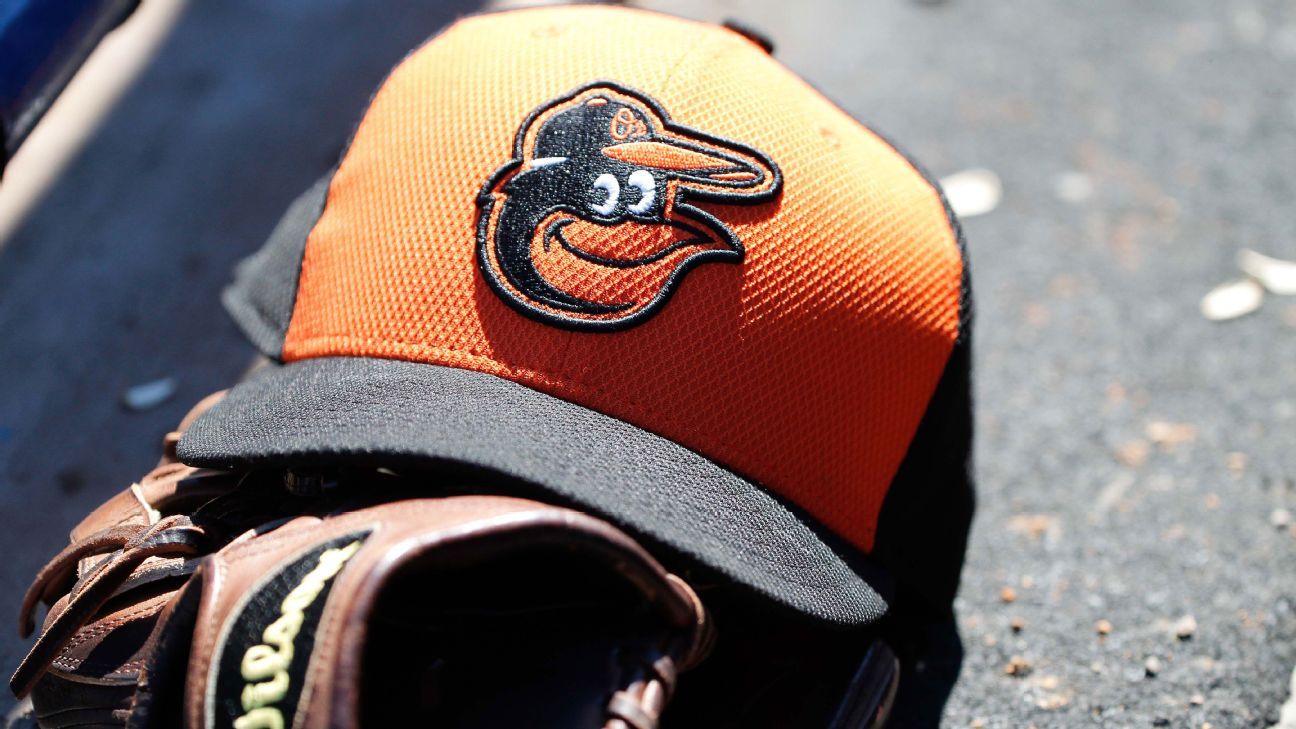
CSA will decide by mid-August whether the third edition of the Mzansi Super League (MSL) is played in the usual November-December window, or later in the southern hemisphere summer, or pushing it to 2021 to accommodate some international cricket at home in the upcoming season. There are three main factors being looked at: whether international travel will be permitted, if there is sufficient time and appetite to secure a sponsor and broadcast deal, and if spectators will be allowed into stadiums.
"There is still a lot of uncertainty with the coronavirus pandemic and we need to be careful before we announce that something will happen and then we may have to postpone it," CSA's acting chief executive Dr Jacques Faul told ESPNcricinfo. "To host the MSL, we probably need international travel to be permitted. And we can't start looking for a sponsor or trying to secure a broadcaster until we know when we will be hosting it."
Although MSL does not attract the same profile of players as the IPL, there is still a significant overseas contingent. In previous years, that has included the likes of Chris Gayle, Alex Hales and Wahab Riaz, who may not be able to return unless borders open. Currently, South Africa's borders remain closed across both international and provincial lines - as the country heads towards its Covid-19 infection peak. While case numbers are expected to start dropping by October-November, borders may only open for travel early next year, according to information provided last month by the deputy minister of tourism Fish Mahlalela.
Playing the MSL without overseas players could significantly reduce its value as a product, which would doubtless affect any potential corporate partners CSA may hope to attract. The MSL does not have a title sponsor and has been broadcast on the public broadcaster, SABC, without charge in its first season and for a nominal fee in its second, ending up costing CSA millions of rands.
"To play international cricket that way [behind closed doors] is okay because there is a broadcast deal in place but for the MSL we would also rely on gate takings." Jacques Faul
The board had hoped to sell the MSL rights to the pay-television broadcaster SuperSport, which holds the rights for all other cricket, but terms haven't been agreed yet. SuperSport was initially due to be equity partners in the tournament but opted out of that deal. The amount SuperSport then offered CSA to broadcast the tournament was rejected and CSA opted to air the competition on SABC instead, despite financial losses. What CSA gained, though, was a wider reach, as the SABC is accessed by millions more viewers.
Although the MSL lost money and was poorly attended in several venues, the carnival-like atmosphere at Boland Park in Paarl, the home of defending champions Paarl Rocks, was hailed as a success. Spectator numbers also picked up in Port Elizabeth and Centurion as the tournament went on. "It's a big consideration for us whether we would have to play the MSL behind closed doors," Faul said. "To play international cricket that way is okay because there is a broadcast deal in place but for the MSL we would also rely on gate takings."
That means CSA may prefer to use the November-December period for hosting international cricket if it is able to, with the guarantee of revenue through television rights. "We are in talks with several other member boards but until international travel is allowed, we can't announce anything," Faul said.
The third edition is set to feature eight teams, marking a significant shift from the first two seasons, with the two new franchises based in Bloemfontein and East London.
South Africa were due to host India for three T20Is in August, and Sri Lanka and Australia over the summer. The India matches are definitely postponed, with players from both countries involved in the IPL, while discussions on the other series are ongoing. Similarly, South Africa are not in position to announce their domestic schedule yet but are hoping to begin franchise cricket before the end of the year.















 Phone: (800) 737. 6040
Phone: (800) 737. 6040 Fax: (800) 825 5558
Fax: (800) 825 5558 Website:
Website:  Email:
Email: 






